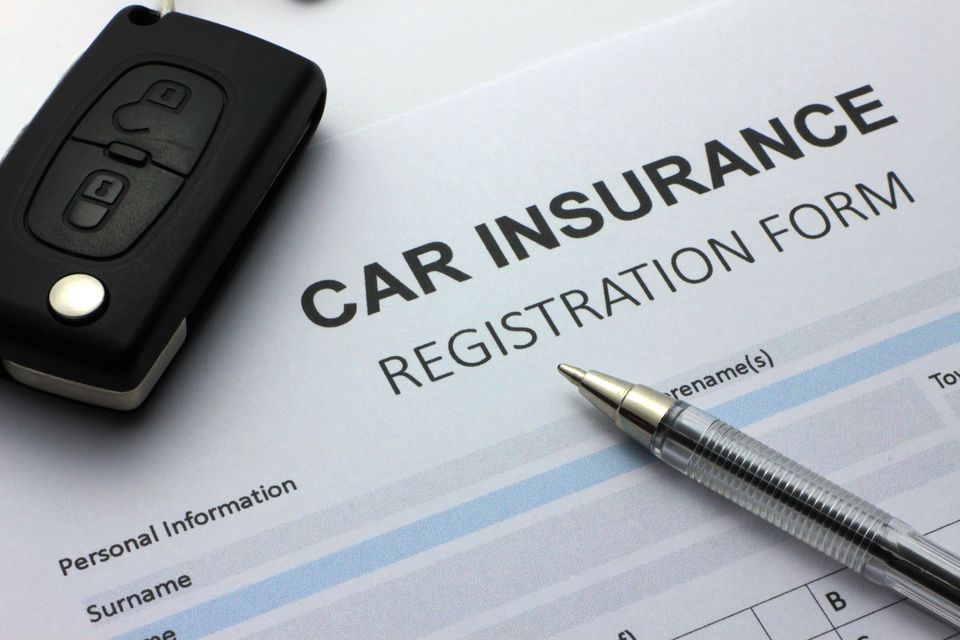Introduction
Best Car Insurance for First-Time Drivers UK (2025 Guide) is a question on the minds of thousands of new motorists. As a first-time driver, finding affordable and reliable insurance can feel overwhelming, with so many options and hidden costs. In 2025, insurers are using new tools like telematics, pay-per-mile policies, and AI-driven pricing to make cover more personalised. This guide will show you exactly how to secure the best deal, avoid common mistakes, and choose a policy that fits your budget and driving needs.
Passing your driving test is a huge milestone. But for most new drivers in the UK, the next big challenge is dealing with car insurance costs. First-time driver premiums in 2025 remain high, with some paying over £2,000 in their first year. The good news? With the right approach, you can dramatically reduce your premium without sacrificing cover.
This comprehensive 2025 guide to the best car insurance for first-time drivers in the UK explains why costs are high, which policies are best, the cheapest cars to insure, and step-by-step strategies to cut your quote. By the end, you’ll know exactly how to get the best possible deal this year.
Why Car Insurance Is Expensive for First-Time Drivers
Insurance is all about risk. Since first-time drivers don’t have a proven track record, insurers consider them higher risk. According to the ABI (Association of British Insurers), young and new drivers are statistically more likely to be involved in accidents. This pushes premiums up.
Key reasons include:
- No claims history – You haven’t built up a no-claims discount (NCD).
- Statistical accident risk – New drivers have higher accident rates.
- Lack of experience – Insurers can’t measure how you’ll behave on the road.
- Car choice – Many first-time drivers opt for cars that are more costly to insure.
But while you can’t change your driving experience overnight, you can change your approach to insurance and bring down your premium.

The Best Types of Car Insurance for First-Time Drivers
1. Black Box (Telematics) Insurance
Telematics policies track how you drive via a black box or smartphone app. Insurers reward safe driving with discounts, sometimes reducing premiums by 20–40%.
- Best for: Careful drivers who don’t mind being monitored.
- Avoid if: You drive late at night often, as night-time driving can raise costs.
2. Pay-Per-Mile Insurance
This newer option charges a base rate plus a fee per mile. For drivers who don’t cover much distance, it can be far cheaper.
- Best for: Students, city dwellers, and part-time drivers.
3. Fully Comprehensive Insurance
It sounds counter-intuitive, but fully comp can be cheaper than third-party in 2025. Why? Because riskier drivers tend to choose third-party, so insurers price it higher. Always compare both options.
4. Named Driver Policy
Adding a parent or experienced driver to your policy as a named driver can lower your risk profile. But never front (pretend someone else is the main driver) – this is fraud and could invalidate your cover.
5. Short-Term Cover
If you only drive occasionally (e.g., borrowing a family car), short-term policies may save you money compared to an annual deal.
Cheapest Cars to Insure for First-Time Drivers in 2025
Your choice of car makes a huge difference. Stick to models in lower insurance groups (1–10).
Examples of cheaper first-time cars:
- Toyota Aygo
- VW Up
- Kia Picanto
- Ford Fiesta (base model)
- Vauxhall Corsa (entry-level)
- Peugeot 108
Tip: Always check insurance quotes for a specific car before buying.

12 Proven Tips to Get the Best Car Insurance for First-Time Drivers
1. Compare on Multiple Sites
Don’t just use one comparison site. Try at least three (e.g., CompareTheMarket, GoCompare, Confused.com). Some insurers (like Direct Line) aren’t on comparison sites, so check them separately.
2. Get Quotes at the Right Time
Research shows the best time to buy is around 21–26 days before renewal/start date, not last minute.
3. Try Telematics First
If you’re a safe driver, a black box policy can save hundreds.
4. Choose the Right Car
Smaller engines, no modifications, and high safety ratings = cheaper premiums.
5. Increase Voluntary Excess
Raising your voluntary excess (e.g., £500) lowers the premium. Just ensure you can afford to pay it if needed.
6. Reduce Mileage
Declare realistic annual mileage. Less mileage generally means cheaper cover.
7. Improve Parking Security
Insurers prefer off-road parking, especially a driveway or garage.
8. Pay Annually
Paying monthly adds interest (up to 15%). Pay in one go if possible.
9. Add a Named Driver
Adding an experienced driver can lower the price, provided they genuinely use the car.
10. Remove Unnecessary Add-ons
Skip extras like legal cover, windscreen, or courtesy car if you don’t need them.
11. Build a No-Claims Bonus
Staying claim-free for one year can save you 30% or more on your next premium.
12. Haggle on Renewal
Don’t auto-renew. Use your cheapest online quote to negotiate with your current insurer.

Real-Life Savings Examples
Sarah, 18, Manchester: Toyota Aygo, telematics, driveway, 6,000 miles. Saved £650 by choosing black box and adding her mum as named driver.
Ahmed, 20, Birmingham: VW Up, pay-per-mile insurance. Premium fell from £1,900 to £1,200.
Chloe, 19, London: Switched from third-party to comprehensive, saving £180.

Conclusion
Getting the best car insurance for first-time drivers in the UK (2025) is all about strategy. From choosing the right car and policy type to using telematics and comparing widely, there are dozens of ways to save. The first year is the most expensive, but with the right approach, you can cut hundreds off your bill and build a no-claims bonus that makes year two much more affordable.
Start smart in 2025, and you’ll unlock cheaper, better insurance for years to come.
FAQs
Q: Is black box insurance always cheapest?
A: Not always, but it often is for careful, low-mileage drivers.
Q: Will my insurance drop after one year?
A: Yes. Once you build a no-claims bonus, your premium can drop significantly.
Q: Can I insure a car in my parent’s name?
A: No. That’s fronting and counts as fraud. Always be the main driver on your own policy.
Q: Should I choose third-party cover?
A: Not automatically. In 2025, comprehensive cover is often cheaper. Always compare




